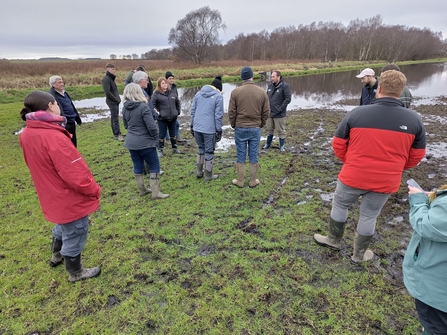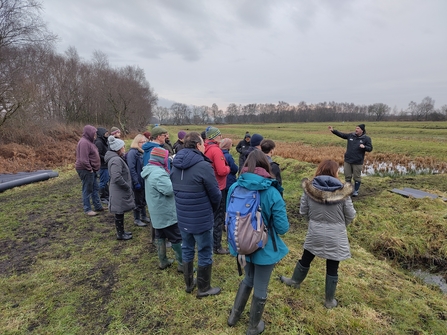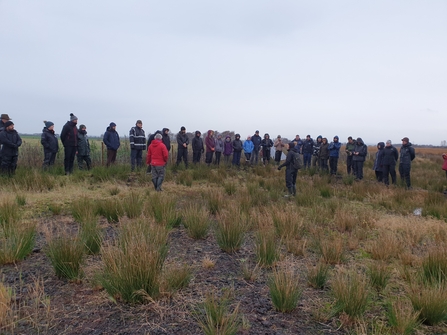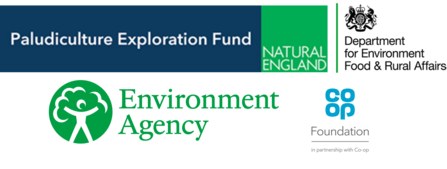The Wildlife Trust for Lancashire, Manchester & North Merseyside peat team are at the forefront of research into wetter farming methods, with current trails growing sphagnum moss, bulrushes and traditional food crops including celery, lettuce and blueberries.
Whilst early results are promising, showing that by re-wetting areas of previously drained lowland agricultural peat, we can significantly reduce greenhouse gas emissions from the land, whilst also keeping it productive and hopefully financially viable. One of the big questions is what do farmers actually think about all this? Clearly the opinions of farmers and land managers are vital to understand if wetter farming is going to be adopted as part of sustainable land uses going forwards.





